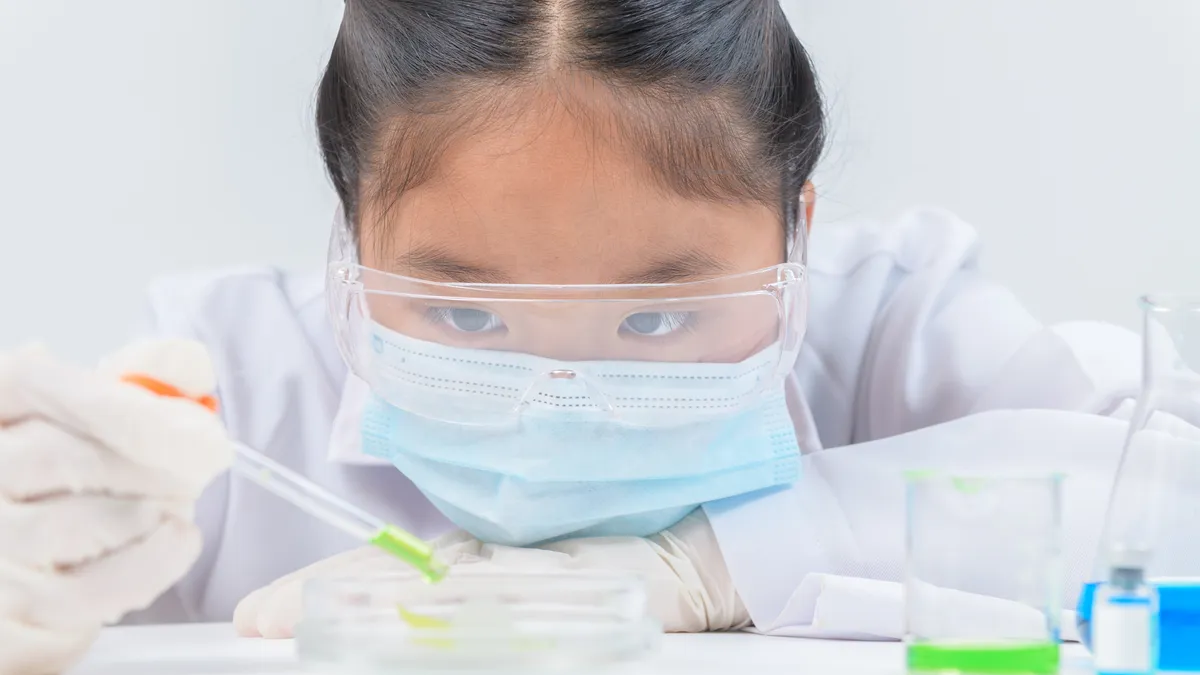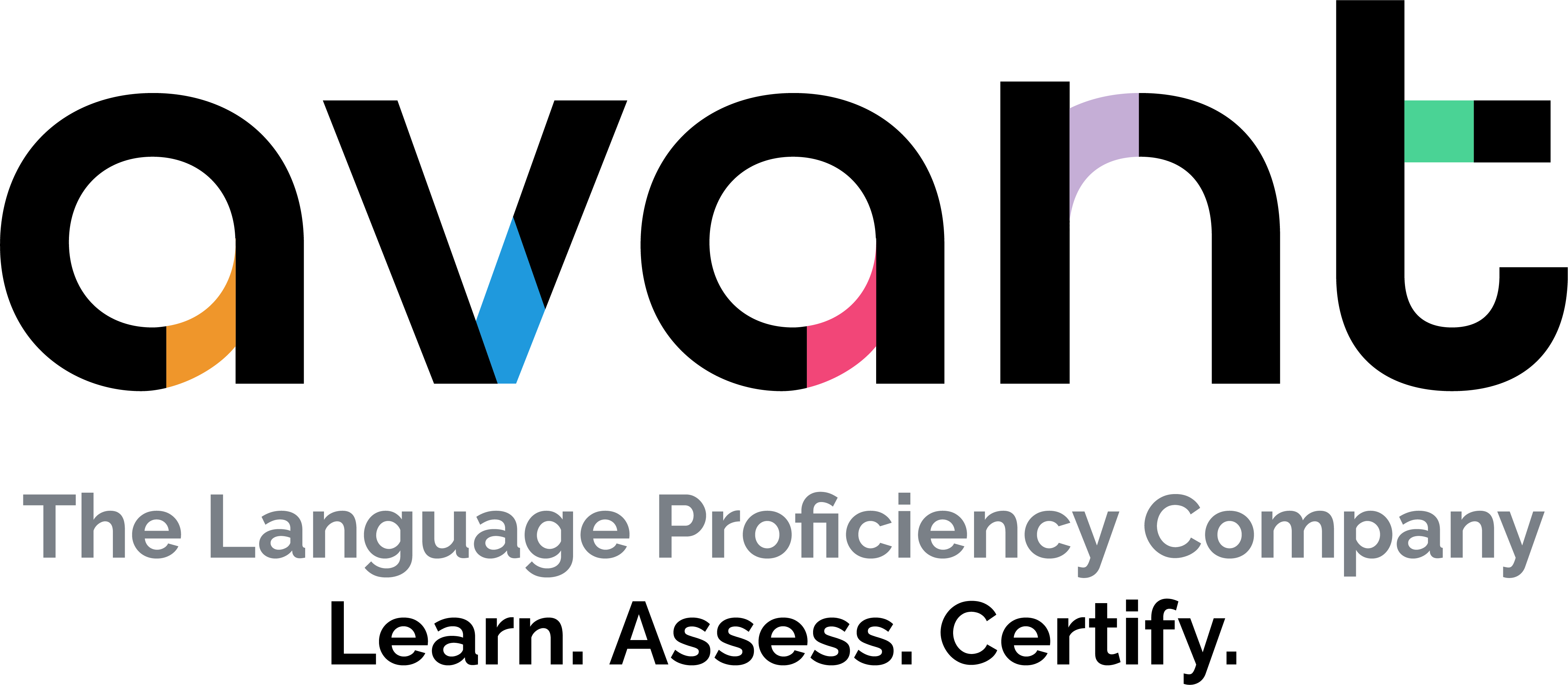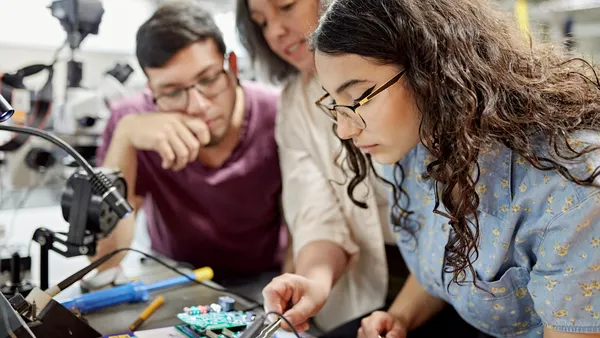Since November, volunteer students and staff at Aurora Science & Tech Middle School in Colorado have been wearing face masks with strips on the inside that can detect COVID-19 — as part of a study with Colorado School of Public Health that also aims to capture student interest in science.
In exchange for their participation, the Colorado School of Public Health is helping with the Aurora middle school’s COVID-19 testing program.
Once the study is complete, Colorado School of Public Health researchers hope to share their findings with students in their science classes, said Rebecca Bloch, school director of Aurora Science & Tech.
The opportunity to have scientists co-lead a class is a great way to get students interested in STEM courses, Bloch said. Students are very curious about COVID-19, given that it has significantly shaped and impacted their lives the past two years, she said.
“We’ve shared with them a lot about what COVID is and is not,” Bloch said.
Some students have high interest in learning more about epidemiology, while others just participate in the study without many questions, she said. In all cases, parental permission is required for participation, she noted.
“I just think it’s amazing that 10- to-14-year-olds are engaged in research,” Bloch said.
The study is funded by the World Health Organization, which has been mailing the COVID-detecting masks to seven universities and health campuses in Colorado. The goal is to collect hundreds of COVID-positive masks, The Colorado Sun reported.
For schools looking to partner with universities to engage K-12 students in STEM, Bloch recommends just reaching out to local resources first.
“The worst that somebody can tell you is ‘No, we can’t support this,’ but there could be really interesting partnership opportunities within the field of COVID,” Bloch said.
She’s also hopeful the study with Colorado School of Public Health can jump-start an ongoing partnership with Aurora Science & Tech over the next several years.
May Chu, one of the study’s researchers and an epidemiology professor at the Colorado School of Public Health, said she wants to examine the long-term effects of COVID-19 in school communities. Chu had reached out to Aurora Science & Tech to work together on the face mask study and the school’s COVID-19 testing program.
“We really want to make sure that the school doesn’t have to close in the future, but we understand how to manage a situation,” Chu said.
The next thing researchers hope to address is air quality in schools, said Dr. Thomas Jaenisch, another researcher with the study and an associate professor of epidemiology at Colorado School of Public Health. This research will also better prepare schools in case another widespread disease appears, Jaenisch said.
This partnership between K-12 and higher education reflects the possibilities of engaging students by applying current and relevant material to their science curriculum.
Overall, it’s important to invite local scientists, researchers and epidemiologists to engage with students in schools, Bloch said.
Every other week, Aurora Science & Tech holds a science seminar series after school where various scientists show up to chat about their STEM careers, she said.
“Anything from engineering to doing research like this, to studying cancer in animals — there’s a wide range of opportunities, and we try to expose them to as many of those opportunities as possible,” Bloch said.














